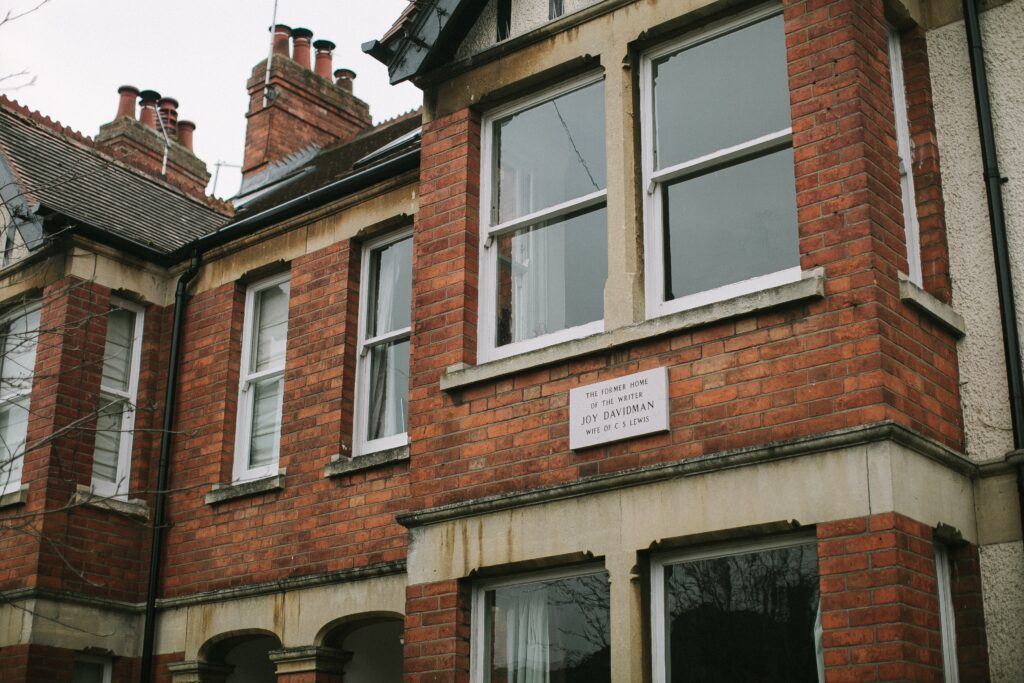What is an HMO mortgage?
An HMO (House in Multiple Occupation) mortgage is a type of mortgage designed for properties that are rented out to multiple tenants who are not part of the same household. These properties are typically divided into individual bedrooms, with shared communal areas such as kitchens and bathrooms. HMO mortgages are designed specifically for landlords who

An HMO (House in Multiple Occupation) mortgage is a type of mortgage designed for properties that are rented out to multiple tenants who are not part of the same household. These properties are typically divided into individual bedrooms, with shared communal areas such as kitchens and bathrooms.
HMO mortgages are designed specifically for landlords who own and operate HMOs, and they often have different lending criteria than traditional buy-to-let mortgages. Lenders may require a higher deposit and stricter underwriting criteria due to the increased risks associated with HMO properties.
Additionally, HMO mortgages may have higher interest rates and fees than traditional buy-to-let mortgages due to the additional work required to manage and maintain the property. However, the potential rental income from an HMO property can also be higher, which can offset these additional costs.
Overall, if you’re interested in purchasing an HMO property, it’s important to do your research and speak to a mortgage advisor who specialises in HMO mortgages to find the best mortgage product for your needs.
Make sure you have done your research. Renting out a property on an HMO bases can come with several risks, including:
- Legal and compliance risks: HMO properties are subject to a range of legal and regulatory requirements, including fire safety regulations, licensing requirements, and minimum standards for room sizes and facilities. Landlords who fail to comply with these requirements can face fines, legal action, and reputational damage.
- Management risks: HMO properties require more management and maintenance than traditional buy-to-let properties. Landlords must ensure that communal areas are kept clean and well-maintained and that all tenants are happy with their living arrangements. Failure to manage the property effectively can lead to complaints from tenants and can damage the landlord’s reputation.
- Financial risks: HMO properties can be more expensive to purchase and manage than traditional buy-to-let properties. Additionally, the rental income from HMO properties can be less predictable than from single-let properties, as tenants may move in and out more frequently. This can make it harder to manage cash flow and keep up with mortgage repayments.
- Tenant risks: HMO properties may attract a more transient tenant population, including students and young professionals. These tenants may be less likely to take good care of the property and pay their rent on time, which can lead to additional costs and financial risks for the landlord.
In conclusion, landlords who are considering renting out a property on an HMO basis should carefully consider these risks and take steps to manage them effectively. This may include investing in good property management software, hiring a professional property manager, or working with a specialist HMO mortgage lender.


